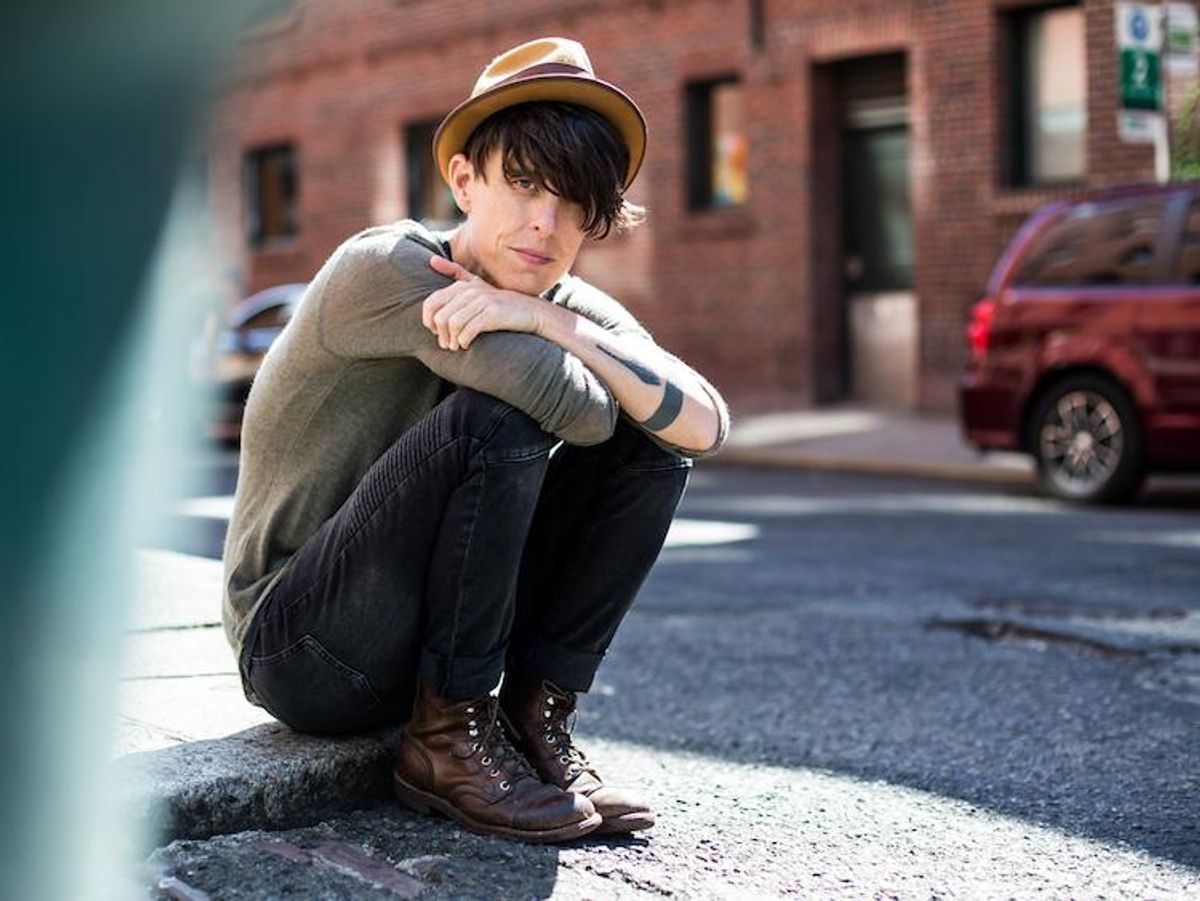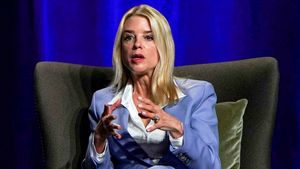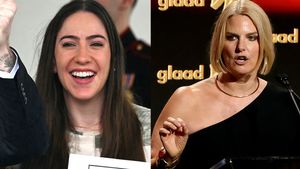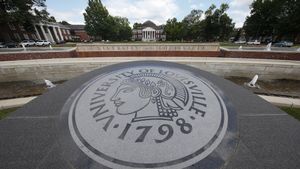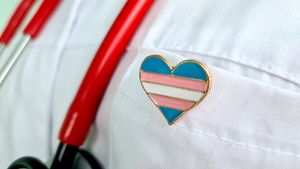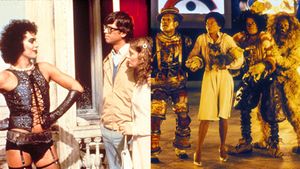The writer Paul Valery said, "A poem is never finished, only abandoned." As someone who hopes to never abandon my own becoming, when I'm asked to tell my coming out story, my first instinct isn't always to speak of the past. I live with an electric curiosity about who I will become in the future. It awes me to wonder what closets I am yet to discover I am right now hanging out inside of. What do I love that I do not yet know I love?
The first time I came out I was 20 years old, studying creative writing at a very Catholic college. When I say very I mean many of my teachers were monks and nuns and I was playing college basketball for--no joke--The Lady Monks. I'd been a year wildly in love with a woman who'd been one of my best friends since I was 15 years old. She'd drive three hours to spend the night in my tiny dorm bed and I'd stay awake panicked until morning, waiting for the lock on the doorknob to be picked by the Pope.
Related | How X-Men Taught This NYC Firefighter to Embrace Her Transness
I think of that time as one of the most painful and beautiful of my life. I had a solid idea of what I would lose if I came out and I knew it would be excruciating, but not more excruciating than losing myself. So after a long time of mastering how to leave the pronouns out of all my love poems--I finally started telling people about the softness of my love's face. How she was the first person in my life who made me want to sing along to the sappiest songs on the radio. How we were going to die old together in an apartment in New York City, all of our walls covered in paintings we painted ourselves. But even then I didn't have a word I felt defined me.
For a while I reluctantly claimed bisexual. Then gay. Some years later I was proudly calling myself a dyke. But when queer found its way to me I threw myself a pride parade, and when I learned the word genderqueer it felt like hearing someone say my name right for the first time in my life.
Growing up I never felt like a boy or a girl. I've tried to explain my gender in poems by saying, I am happiest on the road/ When I'm not here or there--but in-between/ The yellow line coming down the center of it all like a sunbeam. Because our culture is one of boxes and binaries--genderqueer is a constant coming out. Fingernails scratch down the chalkboard of my mind when I'm trying to decide how to respond to someone calling me a lady an hour after another person has mistaken me for a man and grabbed me by the collar of my coat to pull me out of thewomen's restroom. The TSA agent in charge of the body scan machine screams, PINK OR BLUE? PINK OR BLUE? over and over loud enough for the whole airport to hear, and I teeter between hysterical laughter and full blown panic attack.
Last year, just a few days after the massacre at Pulse, I was performing for a grieving audience at a pride event less than an hour from the Catholic college I'd attended long ago. There was a man in the audience wearing a rainbowed t-shirt that said MONK'S PRIDE. I learned that night that my very conservative school had made some huge strides, and a few months later I was invited to campus to share all of my queerest poems with students and staff--monks and nuns included. The school president was even in attendance, and so was my first girlfriend--the one whose soft face had once slept pressed next to mine while the church bells rang outside.
